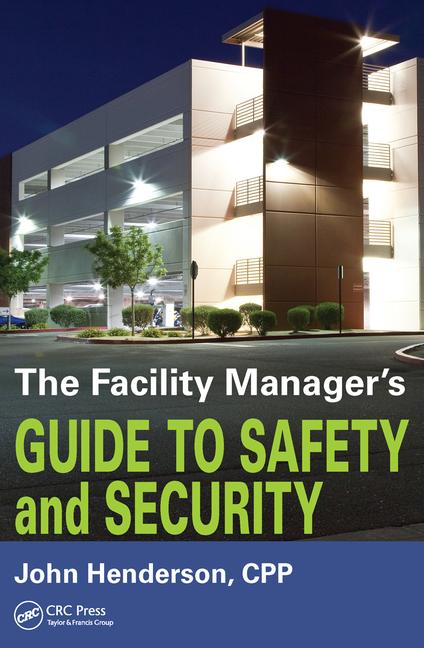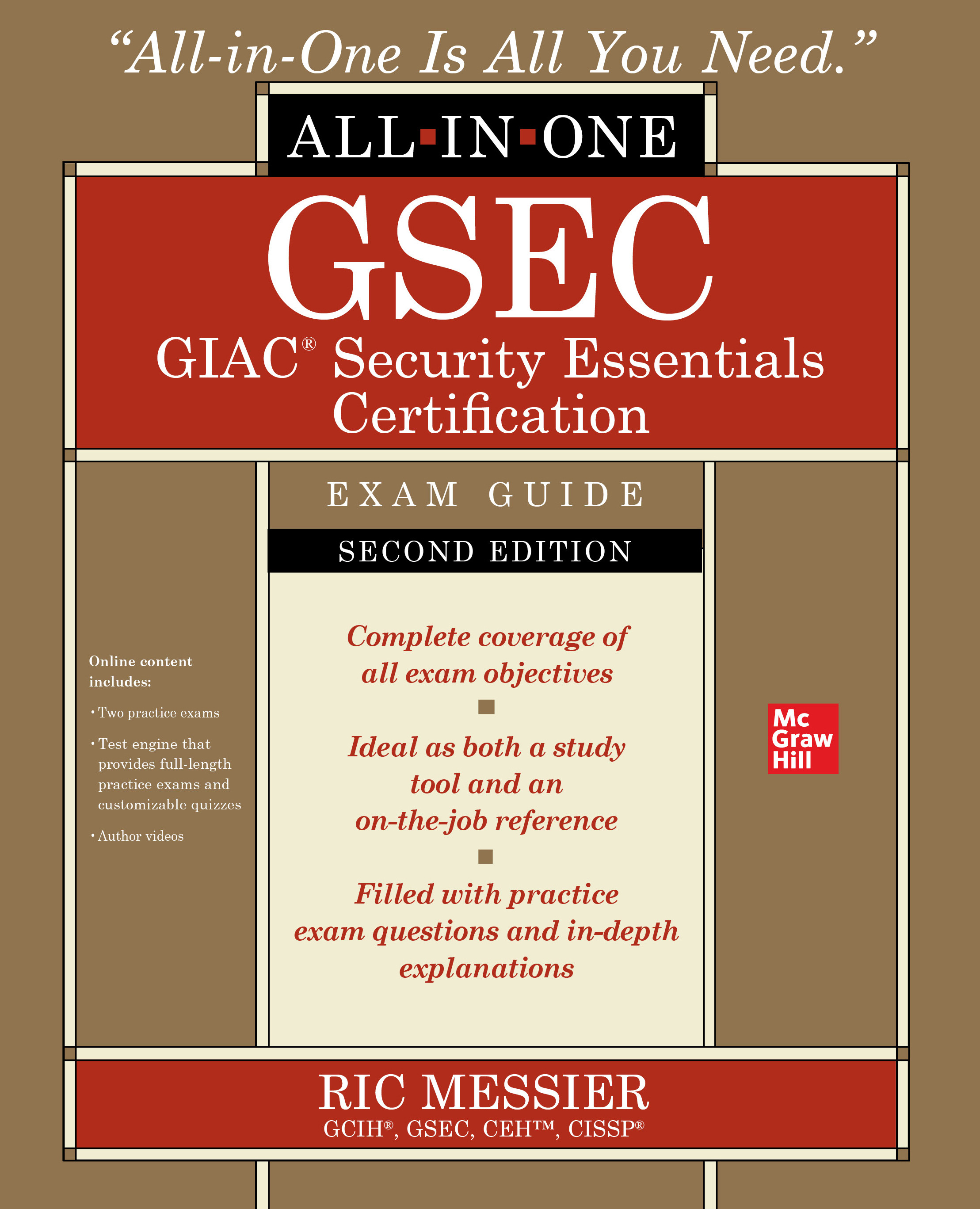The court in a recent Minnesota case noted there is a distinction between willful and wanton negligence and gross negligence. The plaintiff in the case purchased a home alarm system. Later, the defendant alarm company received a low-temperature alarm but failed to contact the plaintiff or any of the account’s contacts. Later, the low temperature caused a pipe to burst, resulting in damage. The plaintiff filed an action claiming that the action of the alarm company constituted willful and wanton negligence. The alarm company filed a motion for summary judgment, which was granted by the District Court. The plaintiff appealed.
The District Court held that the alarm company’s actions did not rise to anything more than ordinary negligence, and therefore the claim was barred by an exculpatory clause in the contract. The court relied heavily on cases from New York in which similar conduct was determined not to amount to gross negligence.
The court pointed out that under Minnesota law, exculpatory clauses are disfavored and would not be enforced if the clause “purports to release the benefitted party from liability for intentional, willful or wanton acts.” The court then pointed out that the plaintiff survives summary judgment only if, viewing the facts in the light most favorable to plaintiff, a reasonable fact finder could conclude the alarm company’s actions, or failure to act, amounted to willful and wanton negligence. The court determined the facts were legally insufficient to establish the plaintiff’s claim for willful and wanton negligence. It also concluded Minnesota law was unclear as to what constitutes willful and wanton negligence because it intermingled that claim with the claim of gross negligence. Relying on several cases from New York the District Court concluded the alarm company’s actions “did not evince the recklessness necessary to avoid the exculpatory clause between the plaintiff and the alarm company.”
The Appellate Court ruled that it could not agree with the District Court that willful and wanton negligence was indistinguishable from gross negligence and further, it did not view New York law on gross negligence relevant to the case at hand. The Appellate Court indicated that a negligent act is usually the result of inadvertence, whereas a willful or wanton act is one done with a consciousness of probable results, but with reckless indifference to them. Thus, a plaintiff may recover damages for harm caused to him or her while in a position of peril if the person causing the harm actually knew that the person harmed was in such a position and had sufficient time and ability to avert the harm, but failed to do so. In other words, if a person fails to exercise ordinary care after 1) the peril was present, and 2) the peril was known to the person, his ordinary negligence arises to a higher level of negligence — willful and wanton negligence. The court pointed out the type of conduct the New York courts sought was a higher threshold than Minnesota’s willful and wanton negligence standard, which did not require an intentional act, but rather required one to exercise ordinary care when confronted with a person or property in known peril. The court then pointed out that New York cases have applied a higher standard — gross negligence — so the court did not find the cases as relevant.
Therefore, the Appellate Court held that the District Court misapplied Minnesota law. Genuine issues of fact still remained as to whether the alarm company’s operator was willfully and wantonly negligent in failing to follow procedure. The evidence available at the time of summary judgment did not reveal a conclusion in favor of either party, so the question remained as to whether the operator was willingly ignoring her duty, whether she was distracted by other calls, or whether there was another explanation for her failure to contact anyone about the alarm.
Therefore, a genuine issue of material fact exists as to whether the operator, who knew of the peril present in the plaintiff’s home, exercised reasonable and ordinary care in response. For that reason, the court held that the summary judgment was not appropriate and that the case should be remanded to the lower court.
Readers Ask
Question: My company is a limited liability company and we provide guard services in various jurisdictions. We recently filed an application in the state of California but were advised that a limited liability company cannot operate as a private patrol service in California. We operate in a number of jurisdictions as an LLC. Why can’t we get licensed in California?
Answer: The state of California has a statute which prohibits a limited liability company from rendering professional services unless expressly authorized by an applicable provision of law. By definition, California defines professional services as “. . .any type of professional services that may be lawfully rendered only pursuant to a license, certification or registration authorized by the Business and Professions Code . . .” The provision of guard services requires a license in the state of California and therefore, even though a guard company can be an LLC in every state in the United States, under California law, a guard company would be prohibited from being a limited liability company. As a recommendation, you may wish to form a new corporation in the state of California that would qualify to hold a license, with your LLC as the shareholder. In doing so, however, you should contact your attorney and tax adviser.






